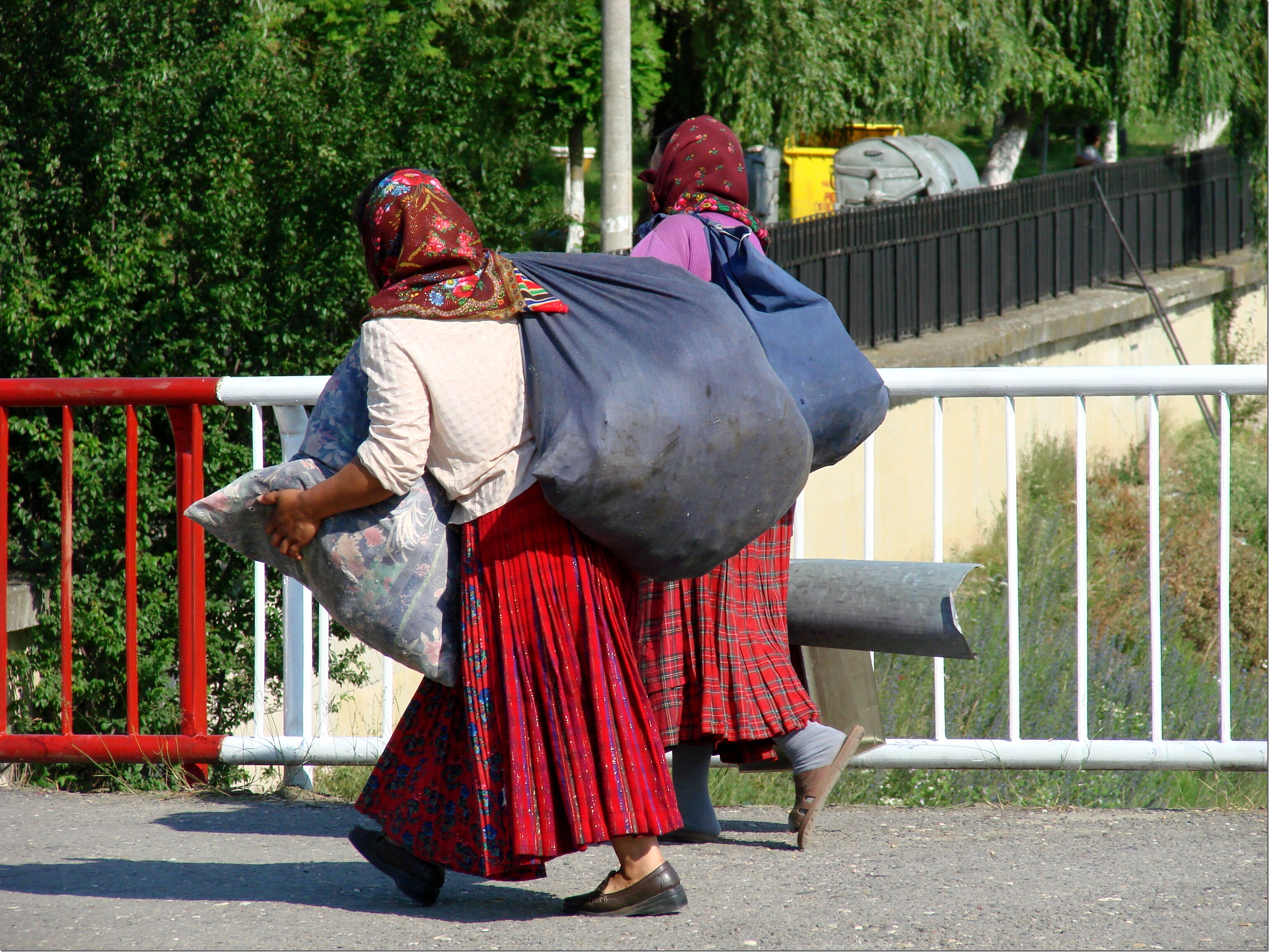Daily Telegraph
November 15, 2013

Few decent people would question the nobility of the original European idea. Almost all of us value free trade, international cooperation and mutual goodwill. None of us wants to return to the bloodshed of earlier centuries.
In recent years, however, Europe has fallen under the control of a new ruling class that has obtained powers which it has no democratic right to exercise.
Think of it like this: the European Union has abolished politics. Highly susceptible to lobby groups and large corporations, it is now out of reach to political parties and national politicians. This is far more dangerous than has yet been realised. Again and again national leaders are finding themselves accountable for decisions they haven’t made and can’t alter.
Let’s take the example of the single currency, which seemed such a good idea to EU bosses. The abolition of national currencies means that states can no longer manage their own economies, and are governed instead by international bankers, in cooperation with Brussels commissioners. This is the cause of social and political collapse in Greece, Spain, Italy and Portugal.
Another case in point has been freedom of movement, in essence such a wonderful idea, which makes perfect sense between convergent economies such as Britain, France, the Netherlands and Germany.

But freedom of movement between advanced economies such as Britain and underdeveloped countries causes grotesque distortions. On January 1 transitional controls are to be lifted, meaning that migrants from Bulgaria and Romania will be free to move around the rest of the European Union.
The facts are eloquent: the average wage in Britain is about £20,000 a year, compared with just over £3,000 in Bulgaria and £4,000 in Romania. This means that the vast majority of Bulgarians are living far below what we in Britain are privileged to regard as the poverty line. The average earnings in these deprived Eastern European states are considerably less than half our minimum wage.
This enormous disparity means that it would be economic madness for Bulgarians and Romanians not to take advantage of the freedoms they are suddenly being offered. A large number of them are certain to travel to Britain (and other EU states) next year. Exactly how many it is difficult to say. Ten years ago, when transitional controls were lifted for Poles, Labour ministers said that no more than 13,000 would enter Britain every year. In the event around one million came.
There are reasons to doubt that the influx will be so large this time. Sir Andrew Green of MigrationWatch (disgracefully treated by the BBC as a Right-wing alarmist 10 years ago) has provided more accurate, responsible and truthful predictions than anyone else. He guesses that around 250,000 additional migrants will travel to Britain over the next five years.
